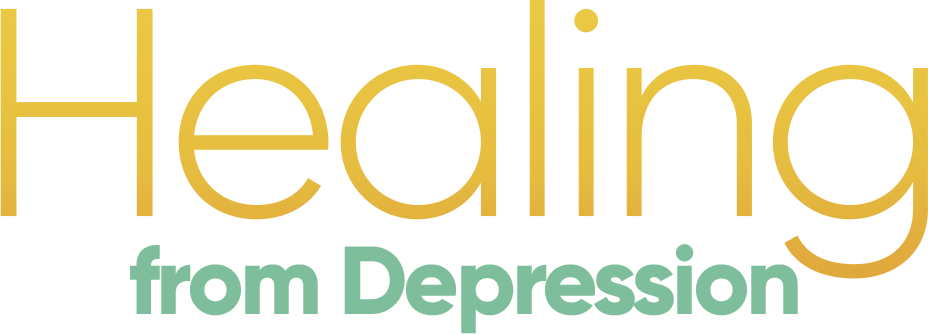While mental health professionals do not always agree on the best treatment for depression, bipolar disorder and anxiety, there is one area of treatment where everyone seems to agree. This is the benefit of support groups in promoting recovery for people suffering from mental health disorders–either as an adjunct to therapy or alone. Numerous studies of such programs consistently show the following benefits: reduced symptoms, reduced substance abuse, reduction in hospitalizations, improved social skills, increased self-esteem and healthy behaviors.
For the past eleven years, I have facilitated “healing from depression and anxiety support groups” in Portland, Oregon and have witnessed all of these improvements in group members. I have seen people who were stuck for weeks, months or even years make remarkable progress once they came out of isolation and joined with fellow sufferers in their quest for healing. As Alcoholics Anonymous says about their meetings, “Let us do together what we cannot do alone.” There is an uncanny similarity between what occurs in my depression support groups and what occurs in AA and other twelve step meetings. Thus, it is through coming together to heal in community that both the addict and the depressive find relief from their afflictions.


Leave a Reply